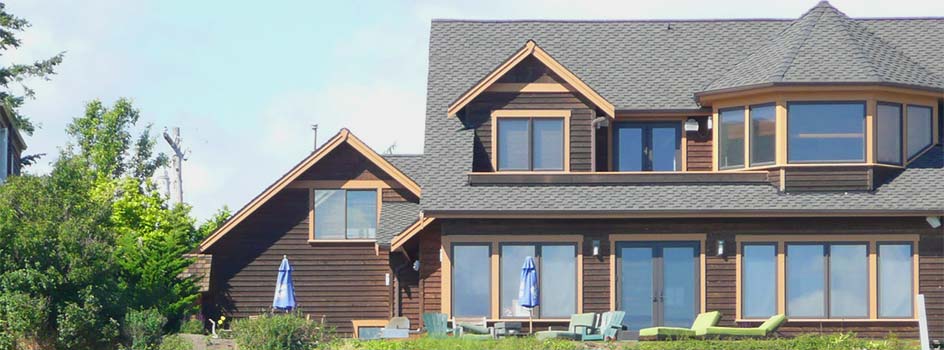“Home sweet home.” That’s what most of us think of when thinking about buying a new home — but if you’re building a new home, the process is even a little sweeter, because you’re building a home “just for you” – your dream home. When it comes to new construction, though, there are a few things you need to know about the process of borrowing money and building your new home, because it’s a little different than buying a home that’s already been built.
What types of construction loans can you get?
There are several different types of construction loans you can get. The kind we’re talking about, which is for new construction, is what’s also called a “construction to permanent loan.” With this type, you submit documents and pay closing costs just one time. Instead of applying for a construction loan first, and then following with a regular home loan, this is an “all-in-one” that can do everything for you all at once and will save time and money, both.
Another type of construction loan is what you get when borrowing against the equity of your home, typically a second mortgage on your existing home, so that you have the money for home improvement or to remodel / renovate the home you live in.
Finally, a bridge loan lets you use the equity on the home you now live in as a down payment for a new home.
How is building a new home different than buying one already built?
When you buy a home that has already been built, the process is relatively simple; you take out a mortgage for that home and in general, these mortgages are at an either fixed or variable rate. You can find them through traditional lenders. When you buy a home that’s already been built, you already know what the home is going to cost and (if you’ve had it appraised and inspected), you’re going to know what problems it comes with that are going to need to be fixed and what remodeling you plan to do.
However, new construction home loans are different because there are specific parameters – you’re asking the mortgage provider or lender to give you the money you estimate required to build a home, instead of buying a house that is already built. The mortgage provider is going to need a breakdown of all the costs associated with constructing your home. If you’re building your home yourself, they’re also going to want to know how much experience you have in building homes, and how much you expect to spend on building your house. What problems may arise that could cause cost overruns, changes in schedule, and so on?
With these resources, you may better prepared for the process of constructing your new home and for finding the financing to do so.

